Apricot : WESTCOT Semi-Dwarf (Mustang) (Orchard Grade)
$49.95
An 'orchard grade' is a tree that may be somewhat shorter, slightly crooked, or a bit scratched, or for some other reason is not a perfect front lawn specimen. These trees will work just as well in an orchard as a first or number one would, since they still produce the very same fruit.
A popular Scout x McClure cross developed at the Ag Canada research station at Morden, Manitoba and released in 1982. It is very similar to Debbie's Gold. While Debbie's Gold is slightly sweeter, Westcot has slightly larger fruit. Some of our western friends heap lavish praise on Westcot. Bernie Nikolai, for instance, says 'Awesome taste, vastly superior to any store bought apricot'. Although it can tolerate brutally cold prairie winters, Westcot will not necessarily be as adaptable to the temperature fluctuations of winters in the east.
SELF-FERTILE | ZONE 2/3 | HARVEST: LATE JULY
Only logged in customers who have purchased this product may leave a review.
Growing Tips
One of the key factors that determines cold-hardiness for tender fruit trees such as apricots and peaches is how well they harden off in the fall. Any activity that stimulates growth should be avoided after August 1. This includes fertilizing, overly frequent watering and pruning.
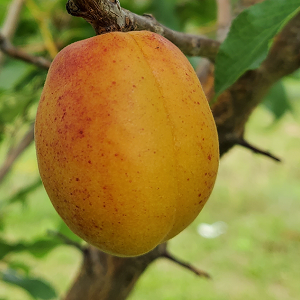
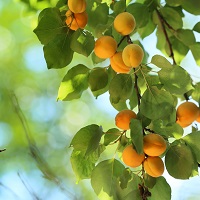
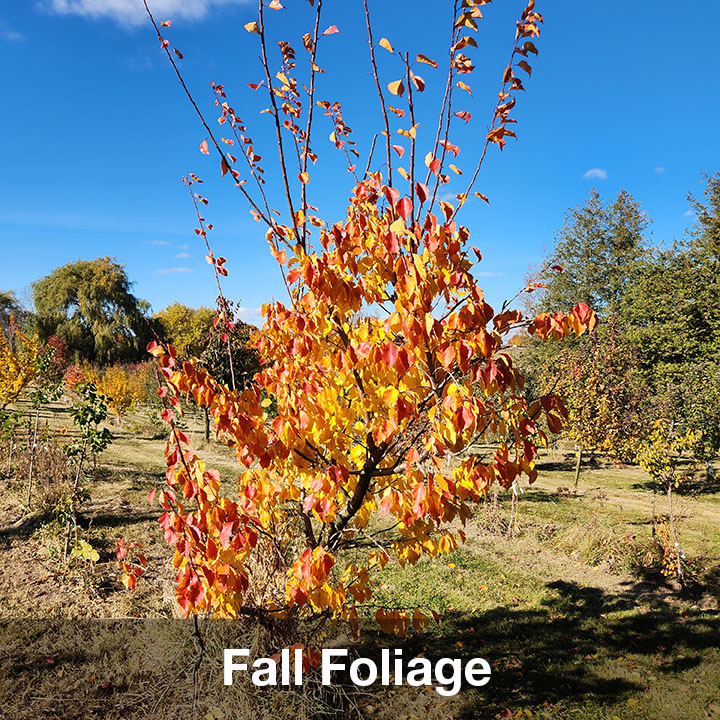
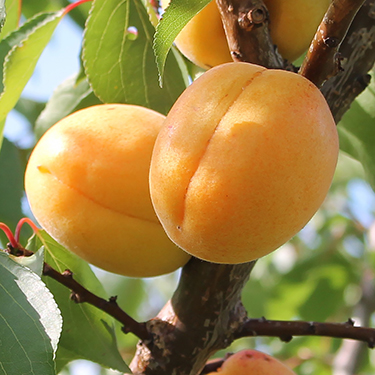
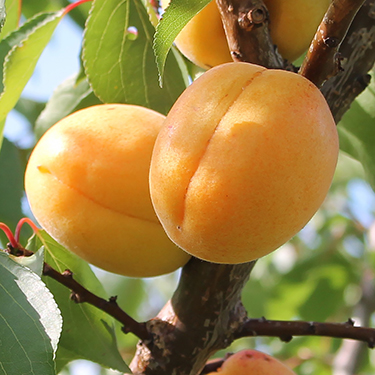
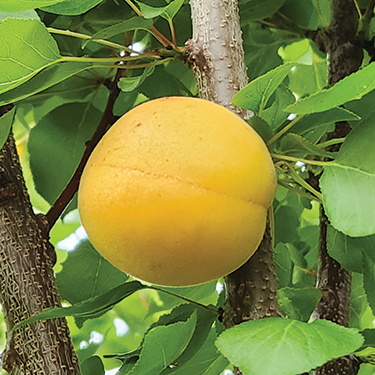
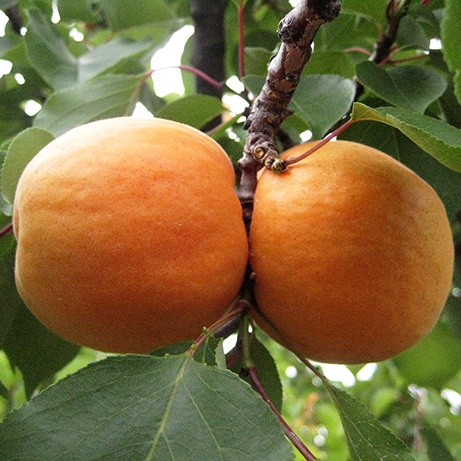
Reviews
There are no reviews yet.